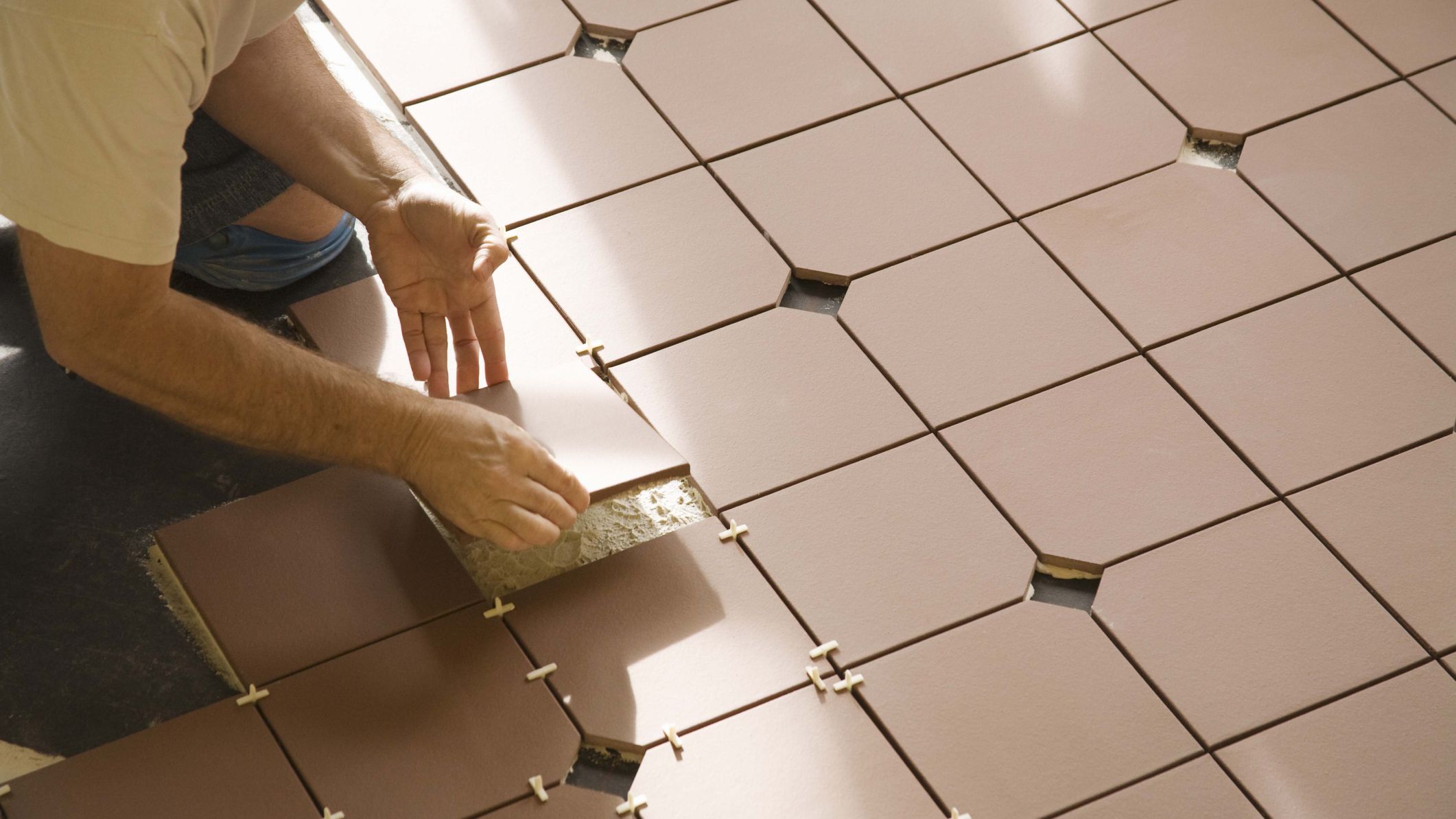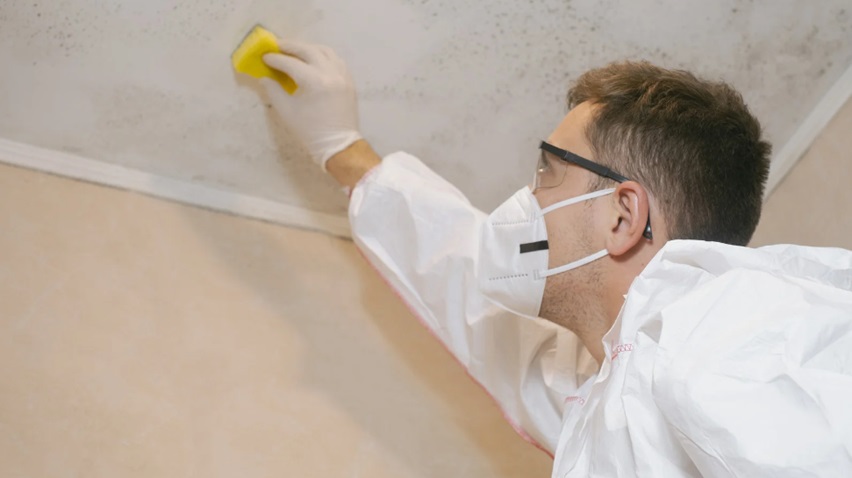The tile is subsequently prepared for the glazing technique. The surface of the tile is coated with a variety of glazes depending on the kind of porcelain tile used. At 2372 degrees Fahrenheit, the glazing starts and lasts about 45 minutes. The glaze has successfully attached to the tile’s surface at this point in the procedure. The process of making the tiles very strong and impact-resistant relies on this stage. The high-temperature process ensures that the tiles contain a high percentage of solids.
Benefits Of Porcelain Tiles Over Concrete
Porcelain tiles have a density that makes them harder to cut and deal with, making them a less desirable option. Weight Porcelain tile installation requires considerable physical force owing to the heavy weight of the material. Choosing the floor tiles from Ceramique au Sommet is essential there.
Employing an expert tiler and ensuring you have all of the necessary tools on hand before to the installation can eliminate these concerns. Porcelain is a wonderful choice for floors because of its beauty and durability. Porcelain tiles are of such good quality, in fact, that they may be polished with specific stones with a high degree of finishing since they are thick.
There are several different types of porcelain tile.
Porcelain tiles that are rather common
These are often used in high-traffic areas or in areas that need anti-slip properties. Depending on the design, they might have a smooth or rough surface.
Glazed porcelain
For the most part, the most popular porcelain tiles are glazed, and they are made by coating a porcelain substrate with either a matte or glossy glaze.
Ceramic that has been polished to a brilliant shine
Porcelain that has been polished is just normal porcelain with a lustrous finish Porcelain tiles have a variety of disadvantages, yet they are perfect for some areas of the home. As a result of its lengthy lifetime, you won’t have to replace it any time in the near term.
Which Is Better, Porcelain Or Ceramic?
Porcelain may also be used to describe ceramics. The fundamental difference between porcelain and other ceramics is that porcelain is kiln-fired at a much greater temperature than other ceramics. This causes it to be more dense and less able to absorb water. In terms of durability and strength, porcelain is ideal for both indoor and outdoor applications. Its use is based on these factors. Porcelain is another common choice for shower stall flooring since it does not absorb as much water as ceramics. It is common for ceramic tiles to cost less than porcelain ones. Indoors, it’s becoming more popular, but it’s not recommended for use outdoors because of its high water absorption rate.





Comments